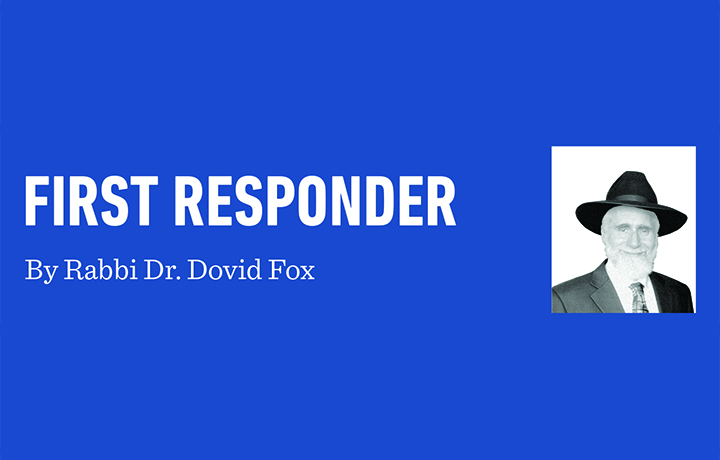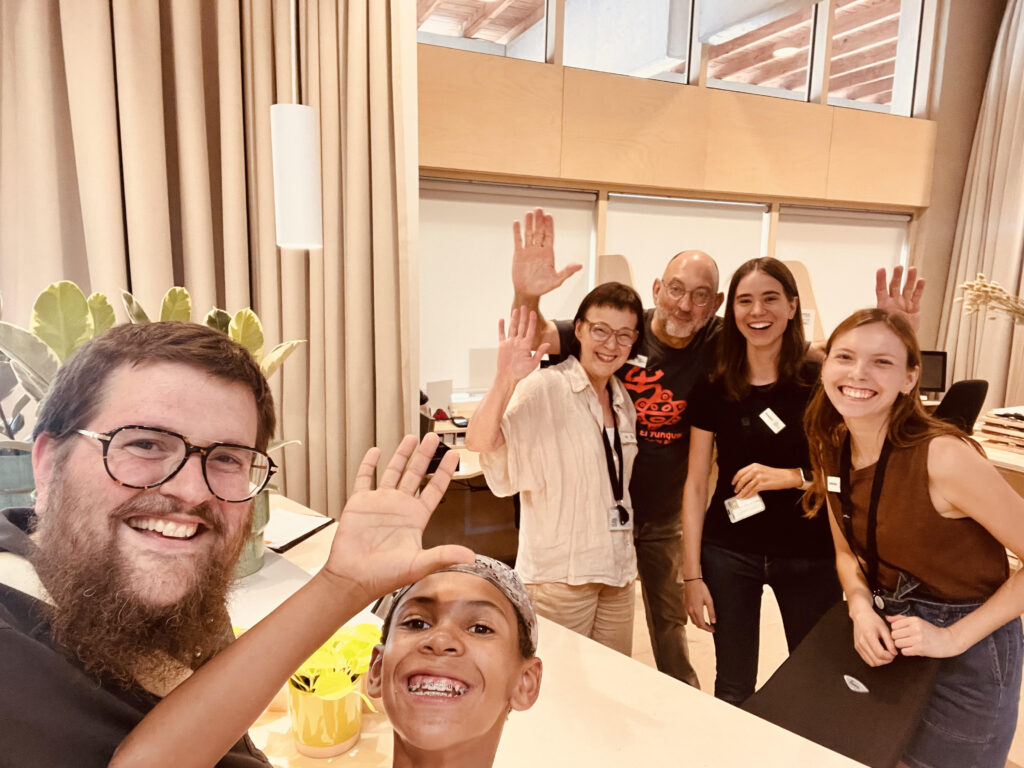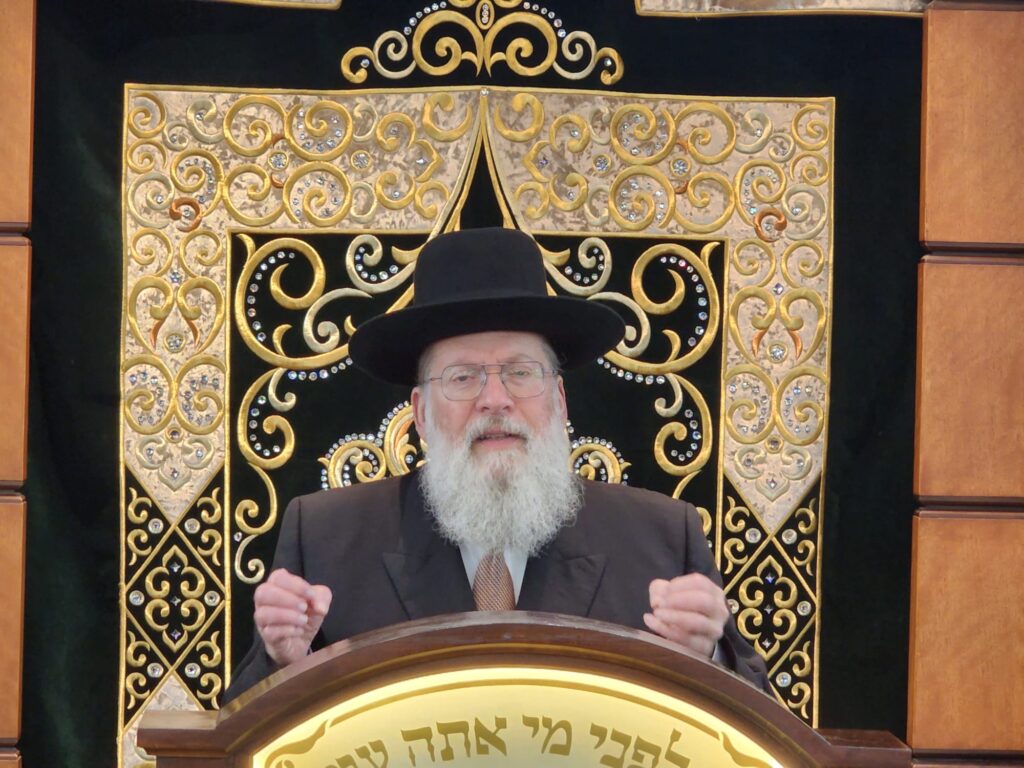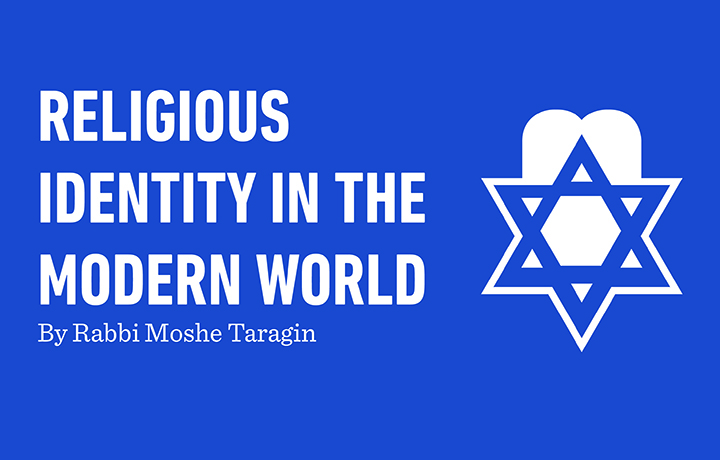Probabiilty Theory And Random Events
Accidents happen.
That’s a statement we’ve all heard. Sometimes it’s used to excuse a person who made a mistake or erred in some way. When we say, “Accidents happen,” it signals that we hold no grudge or ill will for whatever happened. Sometimes that adage is used by a person who did something careless or hurt someone else unintentionally. By saying “accidents happen,” it shows we meant no harm and we say it in lieu of an apology.
Other times, when a catastrophic event occurs, such as an accident, people will utter that phrase to downplay the seriousness of the tragedy, as if to say it was just a fact of life and those things can and do happen.
What motivates a person to look at a tragedy and chalk it up to “accidents happen”? It’s a way for people to suppress or avoid feelings of distress because painful news is hard to face, even if we are not affected personally. Dismissing it with “accidents happen” reduces the gravity of the event and helps us feel insulated from the painful reality of what happened. The idea that “accidents happen” probably emerged from the primitive belief that if we interpret a horrible event as “an accident,” then most likely it will not happen to us.
At times, using the “accidents happen” expression is motivated by a need to avoid looking for cause and effect. Many people do not want to believe that if something horrible happened, then there must have been some cause or justification for it. In the field of statistics, nothing can ever be demonstrated to be 100% true. Statistics uses what is called probability theory, which allows for a percentage of events to be considered random. Random events are also known as chance occurrences. I once hosted a statistician for Shabbos whose field was probability theory. I asked him if he wanted to accompany me to shul, anticipating that he would reply “probably.” Instead, he replied, “There’s a good chance,” which meant yes, he was planning to come although he was unable to say so with utter certainty, based on the laws of probability.
Sometimes, it feels easier to say that something was a chance occurrence or accidental rather than delving into any speculation as to why it occurred. In some ways, it is probably kinder to accept the fact that some things happen in life that are beyond our ability to explain. Too often, in the aftermath of someone’s suffering, our minds try to rationalize why and how something like this could have happened.
These questions are never helpful to the victims or survivors of a tragedy. And as I wrote last week, these questions can actually be damaging to the family members when they hear of someone’s “theory” about why something terrible occurred. In working with victims of crisis as well as communities where individuals and families were affected by a crisis, I emphasize that the “how” and “why” an event occurred is seldom revealed to us and seldom relevant, which means, it’s none of our business. It’s usually hard enough to learn about what happened. Knowing what happened can prompt us to feel concern, compassion, and caring for those who are distressed. Trying to discern the “how” and “why” it happened leads us to minimize the plight of the suffering victims, cast aspersions or blame, or convert a moment that could be used to practice empathy and instead use it to revert to cold reasoning or justification.
Should we feel our fellow man’s pain and suffering? Absolutely. Should we suppress our natural feelings of empathy? Not a chance. n
Rabbi Dr. Dovid Fox is a forensic and clinical psychologist, and director of Chai Lifeline Crisis Services. To contact Chai Lifeline’s 24-hour crisis helpline, call 855-3-CRISIS or email [email protected]. Learn more at www.chailifeline.org/crisis.














